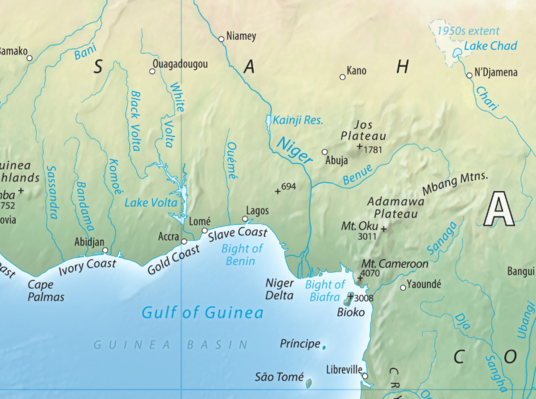
P092_Nigeria
Dual-functional Nanotechniuqe - Molecularly Imprinted Polymer Composite: An Efficient Sensor and Photocatalyst for Water Treatment in Developed and Developing Nations
Cooperating countries: Nigeria and Austria
Coordinating institution: Redeemer’s University, Adewale Adewuyi, walexy62@yahoo.com
Partner institutions: University of Vienna
Project duration: 1 July 2023 - 30 June 2025
Budget: EUR 16.400
Abstract:
Unreliable water treatment technique and inefficient pollutant detection analytical tools are the major hindrances to the provision of clean drinking water in Nigeria. Recently, the challenge is taking a new dimension with the emergence of Pharmaceutically Active Compound (PAC) in drinking water in Nigeria and Austria. These PACs are dangerous and has been linked to the cause of cancer in Nigeria. The currently identified PACs in Nigerian and Austrian water system includes antibiotics (Erythromycin and Ampicillin) and analgesic (paracetamol and diclofenac). Unfortunately, the currently used water treatment techniques in Nigeria and Austria lack the capacity to completely remove PACs in solution.
Therefore, this study proposes the synthesis of a dual-functional nanotechnique- molecularly imprinted polymer composite (DFNT-MIPC) for the detection of PACs and purification of PAC contaminated water. DFNT-MIPC will apply the principle of guest-host interaction for the detection of PACs and principle of photocatalysis for removal of PACs in solution. DFNT-MIPC will have high capacity towards PACs due to the synergistic effects offered by nanoparticles (high selectivity and surface area) and the molecularly imprinted polymer (polymeric receptor to improve detection). The technique requires low energy and can be easily upscaled making it sustainable. Furthermore, a small water treatment device of 50 liter water capacity will be designed for treatment of raw contaminated water samples from two Nigerian drinking water sources.
The project will lead to the provision of clean drinking water in attainment of SDG 6 in Nigeria and Austria.